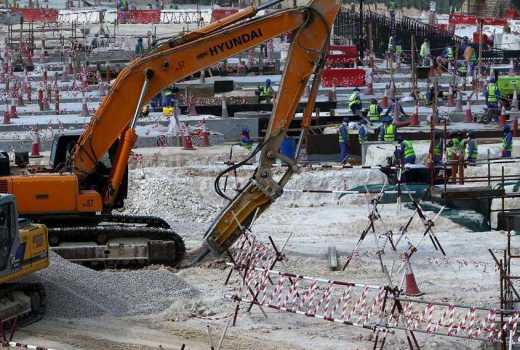×
The Standard e-Paper
Home To Bold Columnists

Moves by Qatar to pay back the recruitment fees for 30,000 migrant workers building its World Cup stadiums have been welcomed by the International Trade Union Confederation (ITUC).
By the end of March more than 5500 people from across South Asia, a third of the workforce, will be reimbursed money they paid to middlemen who hired them to work in the tiny Gulf state.